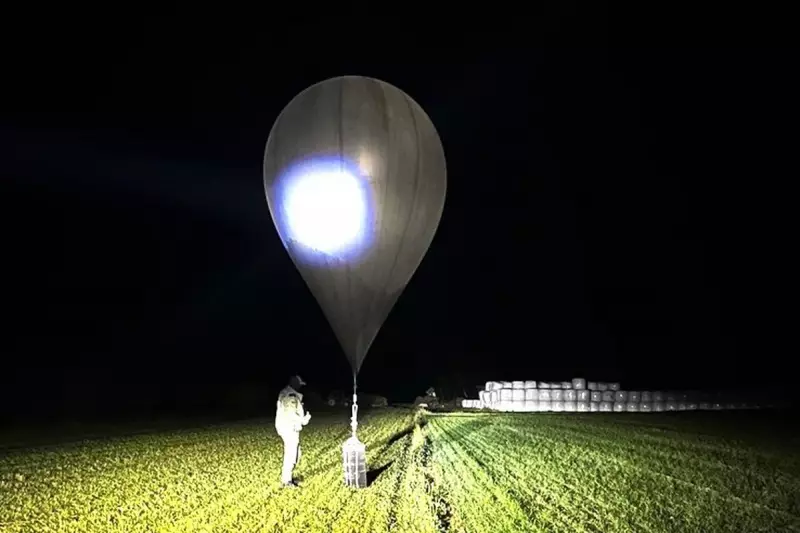
The Lithuanian government has announced it will reopen two of its main border crossings with Belarus, de-escalating a tense standoff that began when balloons were used to disrupt air traffic and smuggle contraband.
Border Closure and Balloon Disruption
The decision, made on Wednesday, 19th November 2025, ends a nearly month-long closure of the Medininkai and Šalčininkai crossings. The border was initially shut in late October after a series of incidents where balloons, suspected of being used to smuggle cigarettes, caused significant disruptions at Vilnius Airport.
Officials in Lithuania viewed the aerial provocations as a deliberate act of hybrid warfare orchestrated by Belarus, a close ally of Russia. The government in Vilnius had originally planned to keep the crossings closed for a full month, granting only limited exemptions.
Economic Pressure and Diplomatic Moves
The closure had severe economic consequences, leaving an estimated 1,200 Lithuanian trucks stranded in Belarus. The situation escalated when Belarusian President Alexander Lukashenko threatened to seize the vehicles if Lithuania did not fully reopen the border, denouncing the closure as a "mad scam."
Minsk refused to create a special corridor for the trucks, insisting on a full reopening. This week's decision follows technical negotiations between the countries' customs delegations and comes shortly after neighbouring Poland also reopened two of its own crossings with Belarus.
A Conditional Reopening and Future Warnings
Despite the move to reopen the crossings on Thursday, Lithuanian authorities have been clear that this is a conditional measure. Prime Minister Inga Ruginienė stated ahead of the decision that the government reserves the right to close the borders again at any time.
This warning is contingent on the reappearance of balloons or drones violating Lithuanian airspace. The Prime Minister cited several relatively quiet weeks without major flight disruptions as the key reason for the government's change in stance.
As a member of both NATO and the European Union, Lithuania occupies a strategically sensitive position on the alliance's eastern flank, also bordering Russia's Kaliningrad exclave. This context makes border stability a matter of regional security concern.





